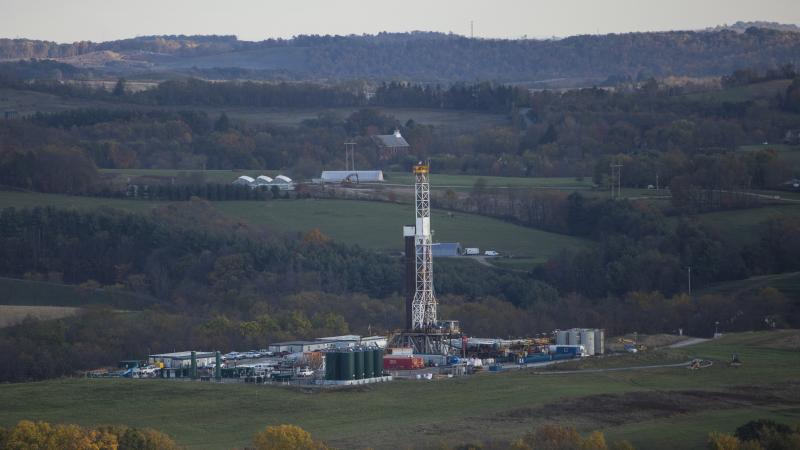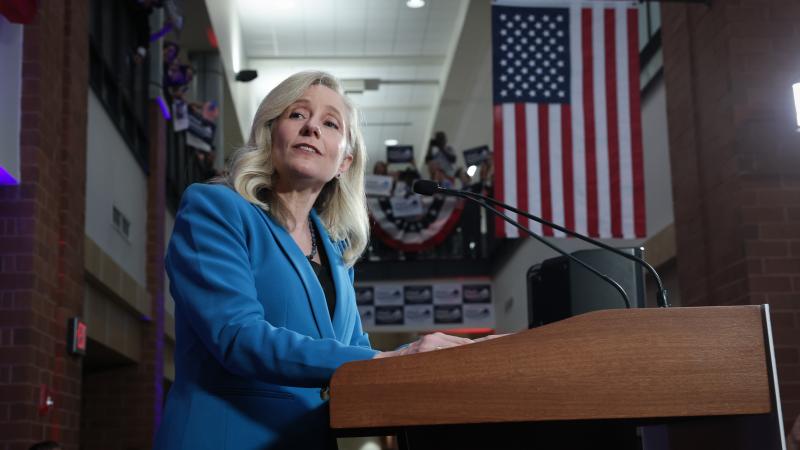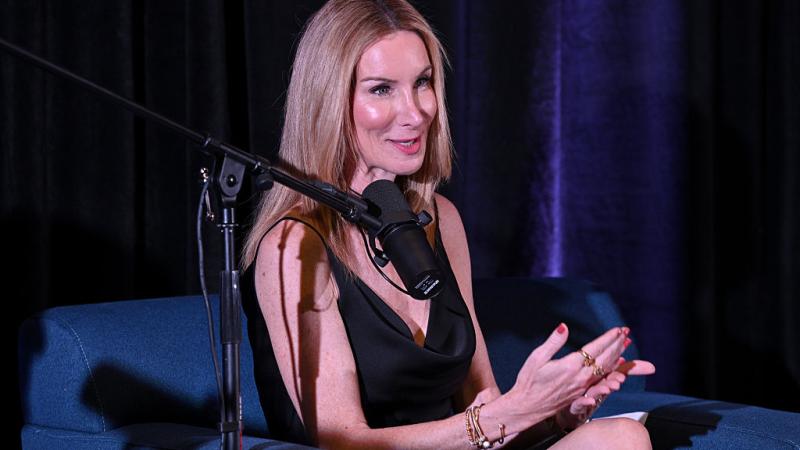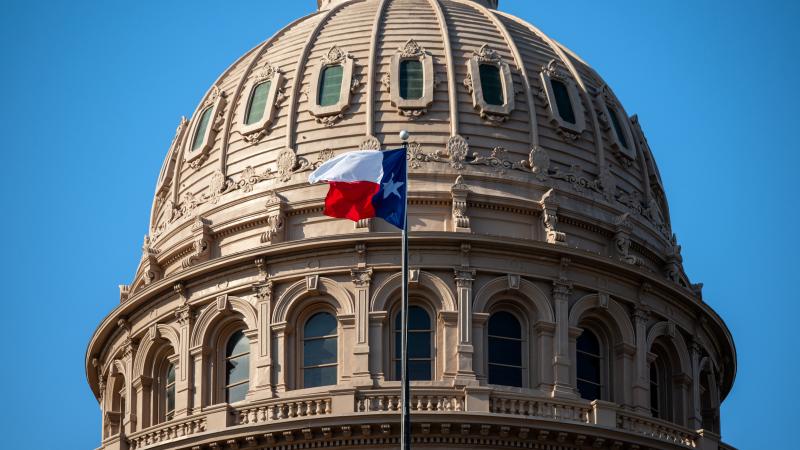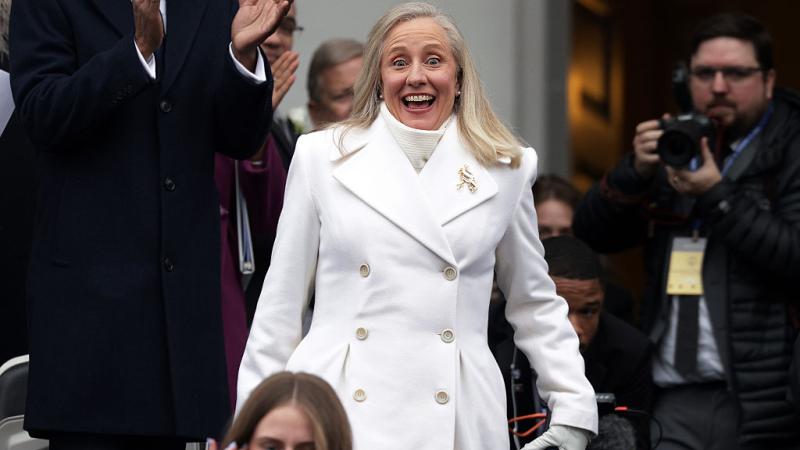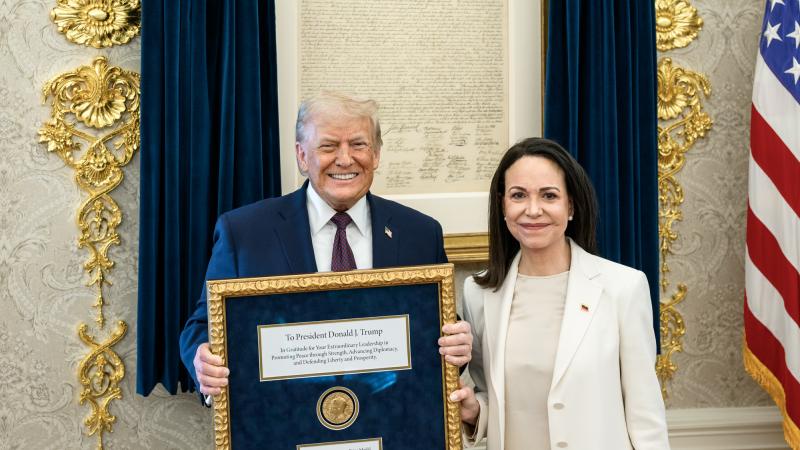As nations fail to update climate plans on time, some say Trump inspired net-zero reconsideration
The world's largest economy withdrew from the Paris agreement on Trump's orders. The vast majority of countries who signed the agreement failed to update their climate plans on time.
Out of 200 countries that signed onto the 2015 United Nations Paris climate agreement, 94% failed to meet the Feb. 10 deadline to submit their five-year climate plans for achieving emissions reductions in line with the overarching goal of limiting global warming to 1.5 degrees Celsius above pre-industrial levels.
Of the 12 that made the deadline – Canada brought the total to 13 after submitting two days late – only a few have high per-capita carbon dioxide emissions or have high cumulative contributions to the global total.
The United States, which submitted its plan on Dec. 19, later withdrew from the agreement entirely on the order of President Donald Trump. The rest of the countries dutifully submitting their plans are countries like Zimbabwe, whose per-capita carbon dioxide emissions are less than 5% of those of the U.S.
“It's much more window dressing than it is actual substance," Jeff Reynolds, senior editor for Restoration News, told Just the News. "That's one good reason to get out of the Paris Agreement. To the extent that it has any substance at all, it just exists to punish the United States economy.”
The legacy media reacted to Trump’s decision to withdraw from the Paris agreement with the usual panic.
“It comes after the hottest year on record, as major wildfires are still burning in Los Angeles, and just months after devastating hurricanes hit communities from Florida to North Carolina,” warned NPR. The Associated Press quoted Laurence Tubiana, CEO of the European Climate Foundation, warning the decision would cause weather to become much worse.
Critics of the Paris agreement have argued the timeline of its goals are unrealistic, and the pace it demands will cause far more harm than climate change plausibly could. With the lackluster commitment to filing plans on time by the vast majority of countries that signed onto it, the popularity of net-zero commitments may be waning.
Cost-benefit exercise
Though Trump’s withdrawal from the agreement made the point moot, an analysis by Climate Action Tracker found that the United States’ five-year climate plan, called a Nationally Determined Contribution (NDC), is “not compatible” with the Paris agreement’s targets to limit warming.
Of the other two highest greenhouse gas emitters on the planet, China has not made any commitment to when it will submit its NDC. And India, Bloomberg reports, has no plans to increase its targets for emissions reductions after developed nations failed to provide it with more financial aid.
Dr. Tilak Doshi, an energy economist and fellow with the University of North Carolina, argues on his Substack that efforts to transition to carbon-free energy sources have been astronomically expensive with little to show for it. Citing an annual report by BloombergNEF, Doshi writes that in 2024, global investment in the “low-carbon energy transition” grew 11% to hit a record $2.1 trillion. China, the world’s largest emitter due to its rapid building of coal plants, accounted for nearly 40% of the investment in green energy. The report also found that to achieve net zero by 2050, annual global investment will need to reach $5.6 trillion.
Doshi quotes U.S. Energy Secretary Chris Wright who said that amid the $2.1 trillion in investment for the so-called “energy transition, world dependency on fossil fuels for primary energy fell from 86% to 84%. Likewise, total global emissions since the agreement was signed have increased.
Doshi told Just the News that nations’ commitment to the net-zero by 2050 effort are likely weakening over the high-cost, low-result outcomes, especially for the developing world.
“For most developing countries, I think the calculation of realpolitik is how to get the maximum amount of financial contribution for the country for the minimum expenditure necessary. This is a rational cost-benefit exercise, and as sovereign nations committed to ensuring the best outcome for the national interest, this is the posture to take,” Doshi said.
Nations like China, India and Indonesia, Doshi argues, maintain legitimacy among their populations by delivering higher standards of living, but that’s at odds with the Paris agreement. The fact India is bailing on further emissions reductions because the developed world didn’t provide it more funding illustrates this point.
“The whole Paris agreement is an exercise in getting the most benefits out of the financial redistribution exercise that the Paris agreement is essentially about,” Doshi said.
The United Kingdom, according to Climate Action Tracker, is the only nation that filed a new NDC that is compatible with the Paris agreement, and the country is experiencing escalating energy costs that are harming its economy.
No apocalypse
Another factor likely undermining the ambition with which nations pursue emissions reductions is the lack of catastrophe that has so long been promised would arise if the world passed the 1.5 degree target. It’s likely that the world did pass the limit, at least temporarily, and will do so permanently in the near future.
In 2019, Rep. Alexandria Ocasio-Cortez, D-N.Y., famously declared that "the world is going to end in 12 years if we don't address climate change," a claim other celebrities, such as Greta Thunberg, also made.
This was based on a misreading of the U.N. Intergovernmental Panel on Climate Change (IPCC) report, “Special Report: Global Warming of 1.5ºC.” The authors calculated that to limit global warming to the 1.5 degree threshold, the world would need to cut its carbon emissions by 40% to 50% by 2030 and entirely by 2050.
While the report has a deadline, it contains no prediction that a failure to adhere to the 2030 deadline would result in the end of the world. The report states that, should the world do nothing about emissions – called the “no-policy baseline scenario" – the global loss to GDP would be somewhere in the range of 0.5% to 8.2%. As Reason Science correspondent Ronald Bailey pointed out at the time Ocasio-Cortez made the remark, under this worst-case scenario, the average income for the globe would be $90,000 per person rather than $98,000 per person, based on current GDP growth trajectories. The world, in other words, does not end at 1.5 degrees of warming.
While the legacy media regularly report every natural disaster as being a direct cause of emissions from the burning of fossil fuels and warn of ever increasing disasters if we don’t stop, the contribution of greenhouse gases emissions to extreme weather, according to the IPCC, is far more nuanced and uncertain than is often reported. And whatever the contribution is, deaths from natural disasters are at historic lows while global GDP continues to rise, especially for the world’s largest emitters. Likewise costs of global disasters as a share of GDP is also declining.
The Trump factor
With the world’s largest economy withdrawing from the Paris agreement under the orders of Trump, it’s likely encouraging more hesitation worldwide.
“The Trump win changes the whole ballgame fundamentally. Trump is the kid saying the emperor has no clothes, but he is not merely a kid – he is the most powerful guy in town. He certainly is not going to stand for the redistribution sham, and so the virtue signaling the rest of the West…[they] will gnash their teeth and wail, but what can they do?” Doshi said.
The United Nations, however, is sticking to the spirit of the agreement. On Feb. 6, in Brazil, U.N. Climate Change Executive Secretary Simon Stiell gave an update on the 10th anniversary of the Paris agreement.
He called the NDCs “the most important policy documents governments will produce this century.” Stiell also said the conversations he’s having shows that countries are taking net zero “very seriously,” and the delays in submitting the plans are merely because they’re trying to be very thorough.
“So taking a bit more time to ensure these plans are first-rate makes sense, properly outlining how they will contribute to this effort and therefore what rewards they will reap,” he said.
The Facts Inside Our Reporter's Notebook
Links
- Paris climate agreement
- 94% failed to meet the Feb. 10 deadline
- only a few
- high cumulative contributions
- order of President Donald Trump
- warned NPR
- Associated Press quoted
- Climate Action Tracker
- not made any commitment
- Bloomberg reports
- Tilak Doshi
- explains on his Substack
- annual report
- worldâs largest emitter
- rapid building of coal plants
- have increased
- escalating energy costs
- at least temporarily
- famously declared
- such as Greta Thunberg
- Special Report: Global Warming of 1.5ºC
- report states
- Ronald Bailey pointed out at the time
- nuanced and uncertain
- deaths from natural disasters
- global GDP continues to rise
- share of GDP is also declining
- update on the 10th anniversary

